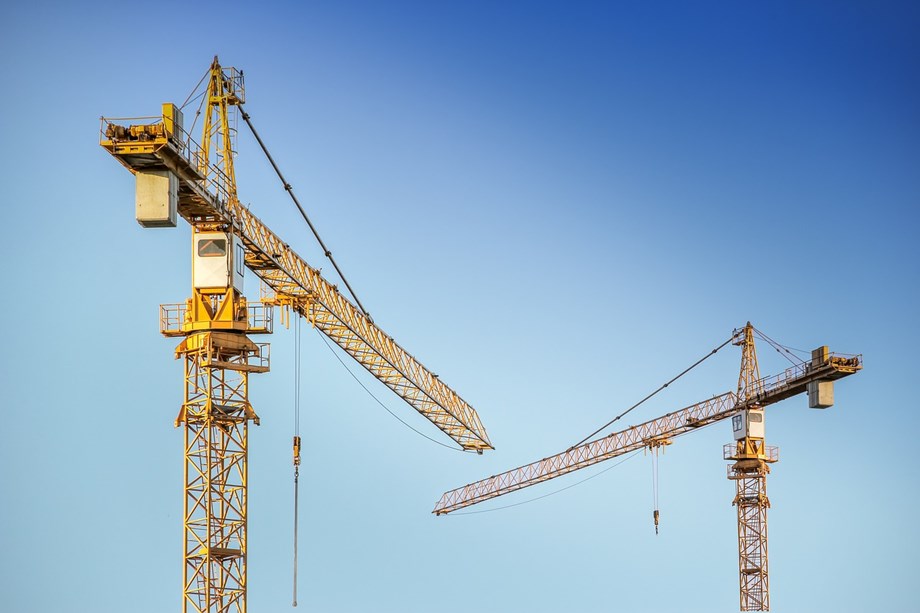Lula's Popularity and Trade Tensions: A Dual Challenge
President Lula da Silva faces declining popularity at home while engaging in a trade confrontation with the US, highlighting two significant challenges for his administration.
Published February 16, 2025 - 00:02am

Image recovered from portafolio.co
In recent months, Brazilian President Luiz Inácio Lula da Silva has navigated two major challenges: a steep decline in popularity domestically and an emerging trade conflict with the United States. According to a survey by the Datafolha institute, Lula's approval rating has plummeted to its lowest point across his three non-consecutive terms, currently standing at 24%. This decline comes amidst criticisms over his handling of inflation and a hesitance to fully leverage popular digital payment systems like PIX, amidst widespread misinformation regarding potential transaction taxes.
Lula's recent remarks on inflation, suggesting consumers refrain from purchasing expensive products, have not sat well with the public, further denting his popularity. From being a symbol of the Latin American Left to a public figure marred by past corruption scandals, Lula's return to presidency post his exoneration and successful electoral victory against Jair Bolsonaro has been turbulent. The president's age and health have also become points of concern as he underwent surgery recently due to a cranial injury.
Parallel to these domestic tribulations, international tensions brew as Brazil reacts to former US President Donald Trump's proposed tariff hikes on steel imports from Brazil. President Lula has vowed to respond with commercial reciprocity if the US follows through with these tariff increases. Speaking during an interview in Belém, Lula emphasized the importance of maintaining balanced trade relations, citing a trade surplus the US enjoys over Brazil, highlighting the reciprocal nature of their economic interactions.
Lula's staunch stance against the US tariffs reflects his broader vision of Brazil's foreign policy, which aims for peaceful diplomacy but not at the expense of economic sacrifices. He reiterates the significance of Brazil-US relations and hopes for bilateral respect. This context of potential economic wrangling is intensified by the celebration of two centuries of diplomatic relations between these nations in 2025, a milestone that speaks to the depth of their historical ties.
Continuing on the topic of Lula's waning support, a recent Ipec survey exposed that a staggering 62% of Brazilians believe Lula should not pursue reelection. Dissatisfaction with his current administration partly fuels this sentiment, with concerns over his age and perceived past corrupt practices also being contributory factors. Notably, even among Lula's supporters from the last election, there is considerable reluctance for him to seek a fourth term, with many preferring the emergence of new leadership figures in the Brazilian political landscape.
This dual narrative of domestic and international challenges underscores the complexities facing President Lula's administration. As he balances internal dissatisfaction and external economic pressures, Lula's strategies in navigating these issues could define the legacy of his current term. The evolving US-Brazil trade relationship, especially concerning tariffs on key exports like steel, poses a significant test to diplomatic negotiations aimed at preserving Brazil's economic interests amid global trade fluctuations.
Lula's approach, centered on peaceful dialogue juxtaposed with decisive reciprocal measures, showcases a multifaceted attempt to safeguard Brazil's national interest while maintaining a stable domestic political environment. How effective these efforts will be remains to be seen, as both the national sentiment and international relations evolve in response to these challenges.








